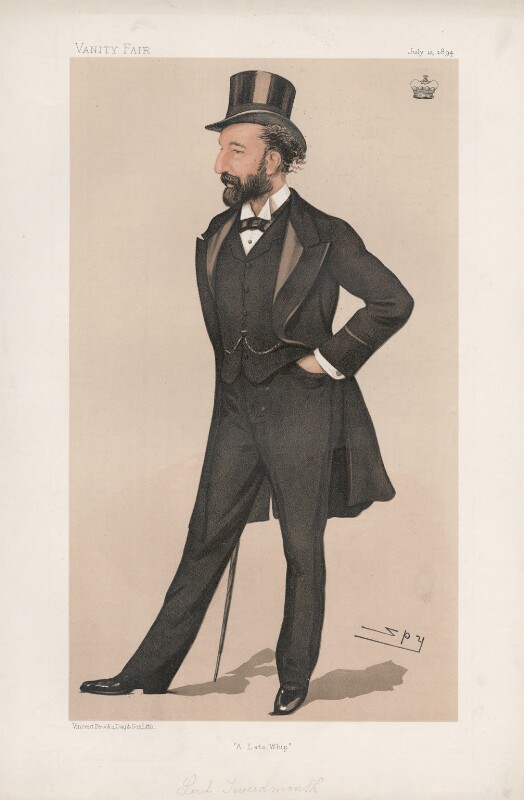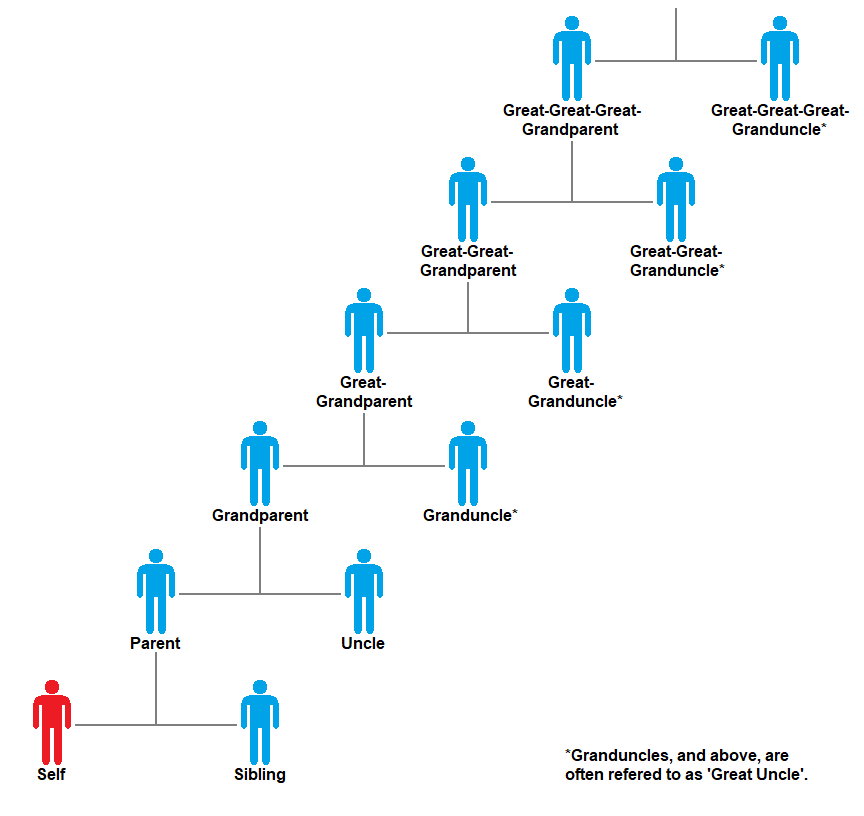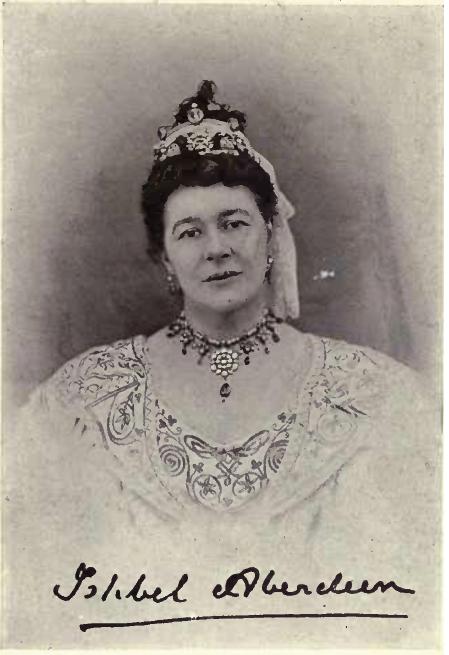|
Edward Marjoribanks, 2nd Baron Tweedmouth
Edward Marjoribanks, 2nd Baron Tweedmouth, (8 July 1849 – 15 September 1909), was a moderate British Liberal Party statesman who sat in the House of Commons from 1880 until 1894 when he inherited his peerage and then sat in the House of Lords. He served in various capacities in the Liberal governments of the late 19th and early 20th centuries. Biography Tweedmouth was the son of Dudley Marjoribanks, 1st Baron Tweedmouth, and Isabella, daughter of Sir James Hogg, 1st Baronet. Ishbel Hamilton-Gordon, Marchioness of Aberdeen and Temair, was his sister. He was descended from Joseph Marjoribanks, a wine and fish merchant in Edinburgh who died in 1635 and is thought to have been the grandson of Thomas Marjoribanks of Ratho,Marjoribanks, Roger. "Marjoribanks of Lees"''The Marjoribanks Journal'' Number 3 page 14, June 1995. Accessed on 22 May 2010 head of the lowland Clan Marjoribanks. He was educated at Christ Church, Oxford, but expelled in 1870 following a prank that led to the d ... [...More Info...] [...Related Items...] OR: [Wikipedia] [Google] [Baidu] |
The Right Honourable
''The Right Honourable'' ( abbreviation: ''Rt Hon.'' or variations) is an honorific style traditionally applied to certain persons and collective bodies in the United Kingdom, the former British Empire and the Commonwealth of Nations. The term is predominantly used today as a style associated with the holding of certain senior public offices in the United Kingdom, Canada, New Zealand, and to a lesser extent, Australia. ''Right'' in this context is an adverb meaning 'very' or 'fully'. Grammatically, ''The Right Honourable'' is an adjectival phrase which gives information about a person. As such, it is not considered correct to apply it in direct address, nor to use it on its own as a title in place of a name; but rather it is used in the third person along with a name or noun to be modified. ''Right'' may be abbreviated to ''Rt'', and ''Honourable'' to ''Hon.'', or both. ''The'' is sometimes dropped in written abbreviated form, but is always pronounced. Countries with common or ... [...More Info...] [...Related Items...] OR: [Wikipedia] [Google] [Baidu] |
House Of Commons Of The United Kingdom
The House of Commons is the lower house of the Parliament of the United Kingdom. Like the upper house, the House of Lords, it meets in the Palace of Westminster in London, England. The House of Commons is an elected body consisting of 650 members known as members of Parliament (MPs). MPs are elected to represent constituencies by the first-past-the-post system and hold their seats until Parliament is dissolved. The House of Commons of England started to evolve in the 13th and 14th centuries. In 1707 it became the House of Commons of Great Britain after the political union with Scotland, and from 1800 it also became the House of Commons for Ireland after the political union of Great Britain and Ireland. In 1922, the body became the House of Commons of the United Kingdom of Great Britain and Northern Ireland after the independence of the Irish Free State. Under the Parliament Acts 1911 and 1949, the Lords' power to reject legislation was reduced to a delaying power. The g ... [...More Info...] [...Related Items...] OR: [Wikipedia] [Google] [Baidu] |
Her Majesty's Most Honourable Privy Council
The Privy Council (PC), officially His Majesty's Most Honourable Privy Council, is a formal body of advisers to the sovereign of the United Kingdom. Its membership mainly comprises senior politicians who are current or former members of either the House of Commons or the House of Lords. The Privy Council formally advises the sovereign on the exercise of the Royal Prerogative, and as a body corporate (as King-in-Council) it issues executive instruments known as Orders in Council which, among other powers, enact Acts of Parliament. The Council also holds the delegated authority to issue Orders of Council, mostly used to regulate certain public institutions. The Council advises the sovereign on the issuing of Royal Charters, which are used to grant special status to incorporated bodies, and city or borough status to local authorities. Otherwise, the Privy Council's powers have now been largely replaced by its executive committee, the Cabinet of the United Kingdom. Certai ... [...More Info...] [...Related Items...] OR: [Wikipedia] [Google] [Baidu] |
Comptroller Of The Household
The Comptroller of the Household is an ancient position in the British royal household, nominally the second-ranking member of the Lord Steward's department after the Treasurer of the Household. The Comptroller was an ''ex officio'' member of the Board of Green Cloth, until that body was abolished in the reform of the local government licensing in 2004. In recent times, a senior government whip has invariably occupied the office. On state occasions the Comptroller (in common with certain other senior officers of the Household) carries a white staff of office, as often seen in portraits. History "Comptroller" is an alternative spelling of "controller", recorded since around 1500 in a number of British titles, and later also in the United States. The variant in spelling results from the influence of French ''compte'' "account". The office of Comptroller of the Household derives from the medieval Household office of Controller of the Wardrobe, who was deputy to the Keeper (or ... [...More Info...] [...Related Items...] OR: [Wikipedia] [Google] [Baidu] |
Charles Albany Marjoribanks
Charles Albany Marjoribanks (1794 – 3 December 1833) was a Scottish Liberal politician who sat in the House of Commons from 1832 to 1833. Marjoribanks was the son of Sir John Marjoribanks, 1st Baronet, MP and Lord Provost of Edinburgh.Marjoribanks,Roger (2014) "Edinburgh Portrait, Sir John Marjoribanks , Bart, MP (1763–1833)" The Book of the Edinburgh Club, Volume 10, pp. 151–156, As a young man he worked for the East India Company in Macao and, aged 30, he became a freeman of the city of Edinburgh. At the 1832 general election Marjoribanks was elected as the Member of Parliament (MP) for Berwickshire representing the Liberal party. He helped pass the Reform Bill which increased the number of people eligible to vote. He held the seat until his death the following year in 1833 at the age of 39. Marjoribanks is commemorated by the Marjoribanks monument in Coldstream. This was constructed in 1834 and commissioned by H. Ritchie of Edinburgh. The inscription on the monument des ... [...More Info...] [...Related Items...] OR: [Wikipedia] [Google] [Baidu] |
Sir John Marjoribanks, 1st Baronet
Sir John Marjoribanks, 1st Baronet (13 January 17635 February 1833) was a Scottish MP and twice Lord Provost of Edinburgh. Life He was born on 13January 1763, the eldest son of Edward Marjoribanks, of Hallyards and Lees, a prominent wine merchant in Bordeaux, and Grizel Stewart, daughter of Archibald Stewart who was Lord Provost and MP for Edinburgh during the Jacobite rising of 1745, and then tried for high treason and acquitted. Sir John's brother, Campbell Marjoribanks became Chairman of the East India Company; his brother, London merchant Stewart owned a shipping company and became MP for Hythe; his brother Edward a partner in the bank Coutts & Co.; and his brother James was a judge in the East India Company. Marjoribanks was a captain in the Coldstream Guards, became MP for Buteshire at the general election of 1812 and in 1814 served as Lord Provost of Edinburgh. He was instrumental in getting Regent Bridge built in Edinburgh.Marjoribanks,Roger (2014) "Edinburgh Port ... [...More Info...] [...Related Items...] OR: [Wikipedia] [Google] [Baidu] |
Great-uncle
An uncle is usually defined as a male relative who is a sibling of a parent or married to a sibling of a parent. Uncles who are related by birth are second-degree relatives. The female counterpart of an uncle is an aunt, and the reciprocal relationship is that of a nephew or niece. The word comes from la, avunculus, the diminutive of ''avus'' (grandfather), and is a family relationship within an extended or immediate family. In some cultures and families, children may refer to the cousins of their parents as uncle (or aunt). It is also used as a title of respect for older relatives, neighbours, acquaintances, family friends, and even total strangers in some cultures, for example Aboriginal Australian elders. Using the term in this way is a form of fictive kinship. Any social institution where a special relationship exists between a man and his sisters' children is known as an avunculate (or avunculism or avuncularism). This relationship can be formal or informal, depen ... [...More Info...] [...Related Items...] OR: [Wikipedia] [Google] [Baidu] |
Berwickshire (UK Parliament Constituency)
Berwickshire was a county constituency of the House of Commons of the United Kingdom, House of Commons of the Parliament of the United Kingdom from 1708 to 1918, when it was amalgamated with neighbouring Haddingtonshire (UK Parliament constituency), Haddington(shire) to form a new Berwick and Haddington (UK Parliament constituency), Berwick and Haddington constituency. Creation The British parliamentary constituency was created in 1708 following the Acts of Union, 1707 and replaced the former Parliament of Scotland shire constituency of Berwickshire (Parliament of Scotland constituency), Berwickshire. It elected one Member of Parliament (United Kingdom), Member of Parliament (MP), using the first-past-the-post voting system. Members of Parliament Election results Elections in the 1830s Marjoribanks resigned, causing a by-election. Elections in the 1840s Elections in the 1850s Elections in the ... [...More Info...] [...Related Items...] OR: [Wikipedia] [Google] [Baidu] |
Edward Marjoribanks, 2nd Baron Tweedmouth
Edward Marjoribanks, 2nd Baron Tweedmouth, (8 July 1849 – 15 September 1909), was a moderate British Liberal Party statesman who sat in the House of Commons from 1880 until 1894 when he inherited his peerage and then sat in the House of Lords. He served in various capacities in the Liberal governments of the late 19th and early 20th centuries. Biography Tweedmouth was the son of Dudley Marjoribanks, 1st Baron Tweedmouth, and Isabella, daughter of Sir James Hogg, 1st Baronet. Ishbel Hamilton-Gordon, Marchioness of Aberdeen and Temair, was his sister. He was descended from Joseph Marjoribanks, a wine and fish merchant in Edinburgh who died in 1635 and is thought to have been the grandson of Thomas Marjoribanks of Ratho,Marjoribanks, Roger. "Marjoribanks of Lees"''The Marjoribanks Journal'' Number 3 page 14, June 1995. Accessed on 22 May 2010 head of the lowland Clan Marjoribanks. He was educated at Christ Church, Oxford, but expelled in 1870 following a prank that led to the d ... [...More Info...] [...Related Items...] OR: [Wikipedia] [Google] [Baidu] |
Christ Church, Oxford
Christ Church ( la, Ædes Christi, the temple or house, '' ædēs'', of Christ, and thus sometimes known as "The House") is a constituent college of the University of Oxford in England. Founded in 1546 by King Henry VIII, the college is uniquely a joint foundation of the university and the cathedral of the Oxford diocese, Christ Church Cathedral, which both serves as the college chapel and whose dean is ''ex officio'' the college head. The college is amongst the largest and wealthiest of colleges at the University of Oxford, with an endowment of £596m and student body of 650 in 2020. As of 2022, the college had 661 students. Its grounds contain a number of architecturally significant buildings including Tom Tower (designed by Sir Christopher Wren), Tom Quad (the largest quadrangle in Oxford), and the Great Dining Hall, which was the seat of the parliament assembled by King Charles I during the English Civil War. The buildings have inspired replicas throughout the world in a ... [...More Info...] [...Related Items...] OR: [Wikipedia] [Google] [Baidu] |
Clan Marjoribanks
Clan Marjoribanks is a Scottish clan of the Scottish Lowlands. History Origins The story often told of the origins of the surname Marjoribanks, and even supported by respectable authorities, is that Marjorie, daughter of King Robert the Bruce, brought into her marriage with Walter Stewart in 1315 lands in Dumfriesshire which became known as "Marjorie's Banks"; unfortunately no such lands formed part of Marjorie's dowry. An alternative explanation is that lands in the area of Ratho (which undoubtedly were Marjorie's) were granted to an early Marjoribanks in the 16th century; this is true enough, but the surname had already been current for at least 50 years. This attractive myth was almost certainly invented by a junior branch of the Marjoribankses (represented now by Marjoribanks of Lees) in the 17th century to bolster their claim to gentility. The reality is perhaps more mysterious. The first known Marjoribanks, Philip "de Merioribankis de eodem", i.e. "Marjoribanks of ... [...More Info...] [...Related Items...] OR: [Wikipedia] [Google] [Baidu] |
Ishbel Hamilton-Gordon, Marchioness Of Aberdeen And Temair
Ishbel Maria Hamilton-Gordon, Marchioness of Aberdeen and Temair, ('' née'' Isabel Maria Marjoribanks; 15 March 1857 – 18 April 1939) was a British author, philanthropist, and an advocate of women's interests. As the wife of John Hamilton-Gordon, 1st Marquess of Aberdeen and Temair, she was viceregal consort of Canada from 1893 to 1898 and of Ireland from 1906 to 1915. Early life Born in London, Isabel Maria Marjoribanks was the third daughter of the 1st Baron Tweedmouth and Isabella Weir-Hogg (daughter of Sir James Weir Hogg). A sometimes "anxious" child, she had enjoyed escaping to the mansion her father had built admist the "rugged splendour of Glen Affric" in the Scottish Highlands. She received a well-rounded education in English, French, mathematics, history, and geography, and was such a good student that her teacher recommended she attend college. However, Lady Aberdeen's father shared the widely held opinion that university was no place for a woman. Instead, her ... [...More Info...] [...Related Items...] OR: [Wikipedia] [Google] [Baidu] |

_(cropped).jpg)








